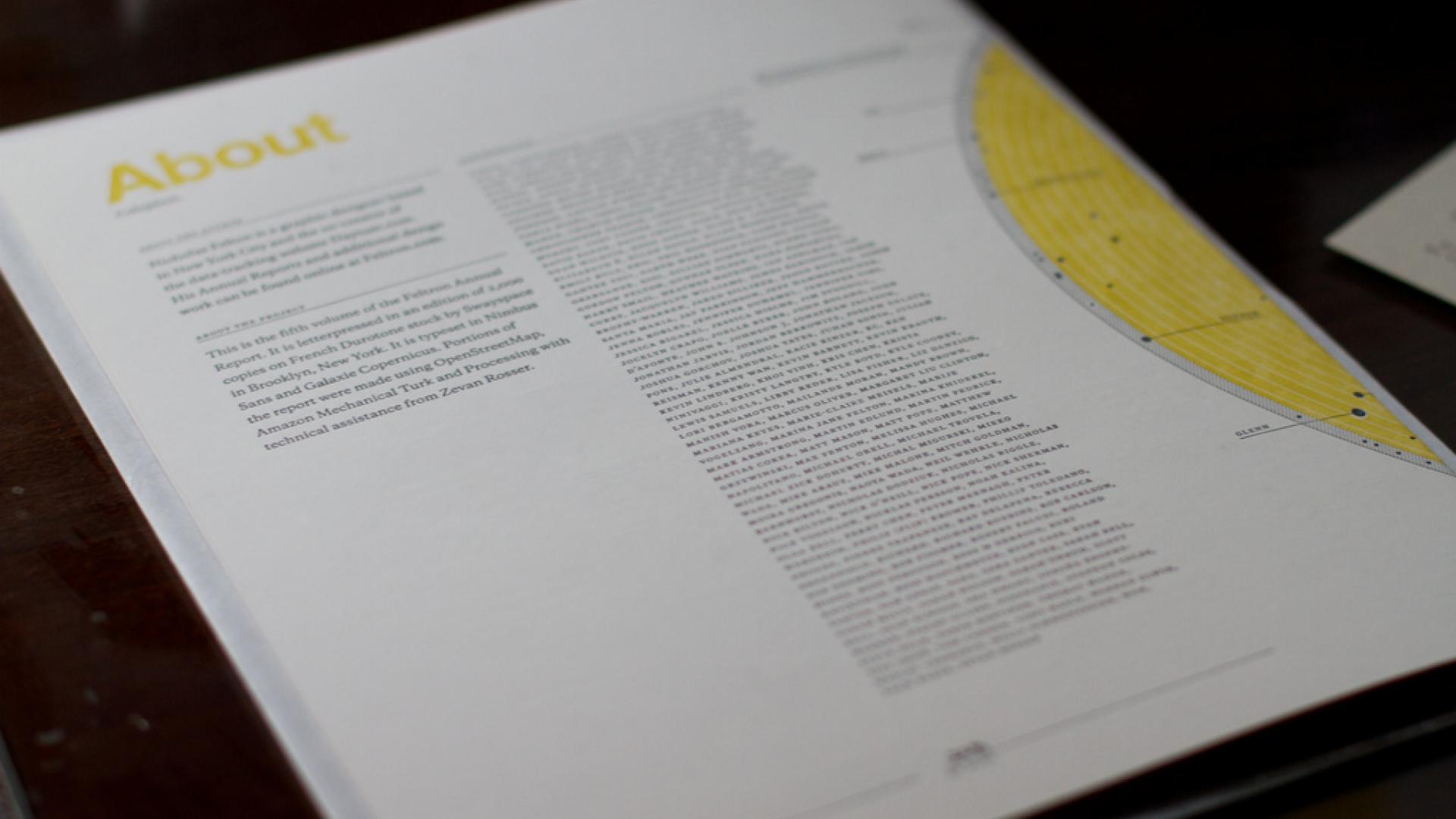A remark I made about impact reports being ‘turgid, dull and deeply boring’ hit the sector headlines recently. I was even mad enough to suggest that we should replace impact reports with tweets. I suspect some people read the article because they couldn’t quite believe that I meant it.
At its simplest, I do mean exactly what I said. If charities could only communicate their impact in one of two ways, by impact report or by tweets, which should they choose? For me, the answer would be tweets every time. In reality, what I think is needed is a buffet, a breadth of mechanisms to communicate impact.
The problem with impact reports is three-fold:
- The vast majority of impact reports are conceptually an annual report, with the word ‘annual’ replaced by ‘impact’. And most impact reports are quite simply too long and too dull. More people proof-read them than actually read them.
- Impact reports often inoculate charities against taking really serious action on communicating impact. ‘We take impact seriously, we have an impact report you know’ is the kind of think-speak that develops among CEOs.
- Impact reports don’t match consumers’ lifestyles any more. For all but the most committed of stakeholders, anything called a report is too long to be worth reading in a busy lifestyle.
Let me sum up my view. If impact reports are the model through which we communicate impact, then they don’t work. Simple as that. My electricity company (albeit Ecotricity) does a better job of convincing me they do a great job than the average charity.
At the same Charity Finance Group workshop where my comments were first made, I asked a room of 90 delegates a simple question - could they give me a stat or figure or an example of how their charity had impact? Three people put up their hands. Nothing scientific in that, but it mirrors dozens of sessions where I have asked people from charities to give me a factoid, a stat or a soundbite for how their charity does a great job. The vast majority of charity staff, even finance staff, struggle to give one.
So my plea is for charities to focus on simplicity and clarity in their impact communications. I want charities to use a whole breadth of ways to communicate impact and I want charities to boil down their achievements and their amazing work into bite size chunks.
And I want charities to act on the certainty that in people’s busy lives, 140 characters of tweet is lot more likely to be read and remembered than 40 pages of report.
Have we done a great job? Or have we failed to make an impact? Leave us a comment below.
Dear Joe Saxton,
Dear Joe Saxton,
i'd like to take a broader view: If you're locked in a dull organisation, your impact reports may just be like that. If your supporters are not used to reading tweets and being informed regularly 'on spot' when great things come to happen, why bother at all?
You won't change missing spirit and lack of transparency just by starting using social media. You will have to change the organisational culture as a whole, putting supporters and donors first - i.e. not only donors giving money, but also donors spending time and heartbeats, too. Changing this general perspective will change your reporting, too. And suddenly you'll find people even reading your (comprehensive) annual or impact reports. Cause they know they matter. If this is what you meant with "focus on simplicity and clarity", I am totally with you.

